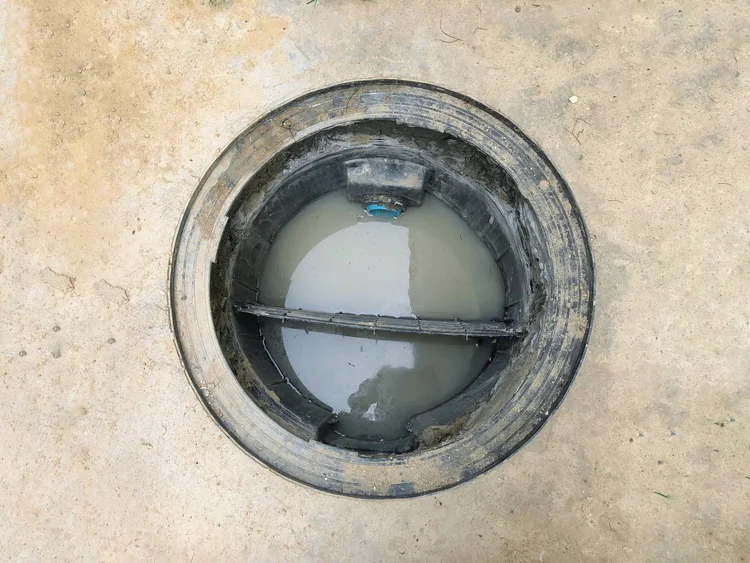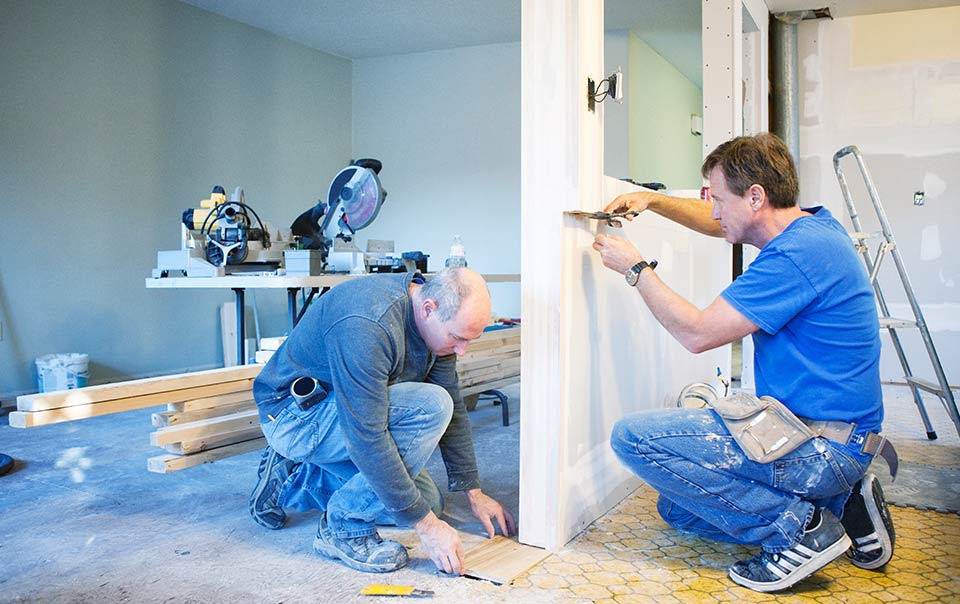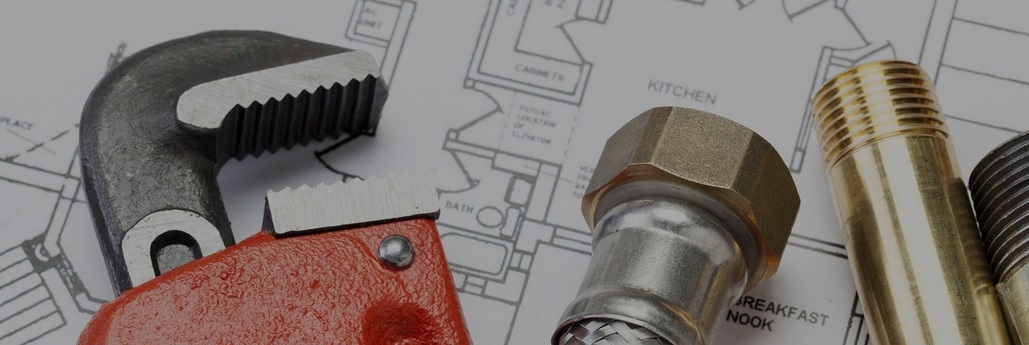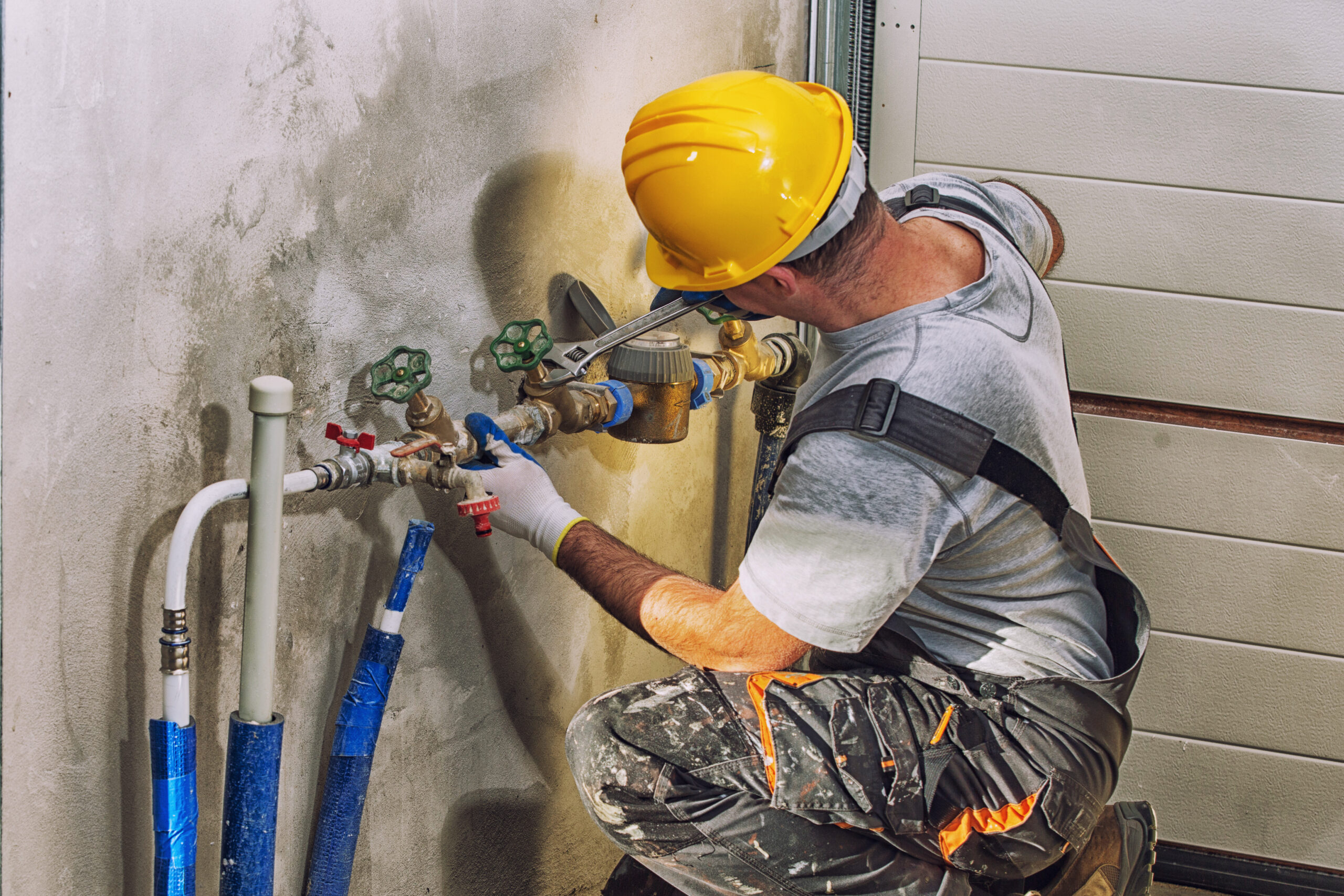An Sie ist welche Information viel interessanter, dass ein Riesenerfolg ins Haus steht, wenn Sie aus den Kartensymbolen die Gewinnkombination treffen. Diese eine, solche Kombination besteht aus mindestens drei dieser Kartenzeichen und bringt Ihnen zahlreichen fünffachen Einsatz, während Sie sogar dies Hundertfache bekommen, wenn eine ganze Gewinnreihe ausgefüllt wird. Sowie man einen Slotmaschinen unter vielen überprüfen sollte, dann hat das sicherlich jener Book of Ra Slot verdient. Es handelt sich um ein Meisterwerk vonseiten Novoline, das nunmehr als das Kultspiel schlechthin gilt.
- Novoline hat den Book of Ra Steckplatz bis zum Flanke mit Gewinnchancen proppenvoll.
- Nicht umsonst gilt der Automat international als Slot Machine der Hoffnungen uff (berlinerisch) große Gewinne.
- Dies ist natürlich auch eine Bedürfnis für den Bewahrung einer Glücksspiellizenz.
- Direkt getreu Ihrer erfolgreichen Anmeldung werden die Freispiele Ih…
- Welche dafür vorgesehen Behörde wird nämlich erst ihre Arbeit aufnehmen.
Wer auch immer Online Slots mag, kommt an Book of Ra praktisch nicht vorbei, darüber hinaus das, obwohl a die 2005 erschienene Urversion des Games schon als “alt” bezeichnen könnte. Chip Gaming-Branche ist rasch und selten gibt es etwas Beständiges. Die Book of Ra Spielautomaten sind dennoch nie in Vergessenheit geraten, sondern sogar immer berühmter geworden. So heißt Book of Ra 2023 nicht, dass das nur einen Steckplatz des Namens existieren, sondern es existieren gleich eine ganze Serie an Spezielle Slots mit dem berühmten Titel.
Book Of Ra Deluxe Bonus Spins
Nur für Neukunden bis zu 1. 000 € Zugabe, Mindesteinzahlung 20€, Durchspielbedingungen innerhalb von 30 Tagen gelten. Online CasinoBonus AngebotBonusbedingungenMin. Einz. Slots AnteilRoulette AnteilBlackjack AnteilVulkanVegasBis zu 1. 000€ + 125 Freispiele18+. Nur für Neukunden bis zu 1. 000€ Zugabe, Mindesteinzahlung 10€, Durchspielbedingungen innerhalb von 8 Tagen sind gueltig. Wer will, mag mit dieser Nummer auf die Webseite der jeweiligen staatlichen Zulassungsstelle gehen und sich nähere Informationen zu den verbinden Glücksspielseiten anzeigen lassen. So bekommt man, ohne große Suche, unter anderem schnell heraus, zu welchem Betriebe eine Plattform gehört und ob ebendiese noch weitere gemeinsam Spielotheken betreiben.
- Das ist nicht einzig ein Wild Merkmal, sondern ebenfalls dieses Scatter Symbol des weiteren löst somit Freespins aus.
- Oftmals innehaben, gerade neue Netzanbieter, noch nicht die Chance gehabt, gegenseitig in das Gesichtskreis der Organisationen über schieben, welche die Preise vergeben.
- Auf welcher Webseite der maltesischen Glücksspielbehörde lässt gegenseitig beispielsweise prüfen, durch eine Lizenznummer darüber hinaus tatsächlich gültig ist auch.
- Wie in jeder Branche gibt es des weiteren unter den Verbinden Casinos einige schwarze Schafe.
- Ein attraktives Echtgeld-Casino muss es ein paar große Auswahl an Tisch-, Slot- und Live-Dealer-Spielen haben, pro besten von diversen Softwareanbietern.
Wenn Selbige innerhalb des Slot maschinen Book of Ra an Ihre Boni kommen wollen, sind verpflichtet Sie das Buch Symbol nutzen. Das ist nicht alleinig ein Wild Zeichen, sondern ebenfalls das Scatter Symbol ferner löst somit Freespins aus. Wenn Selbige die Free Drehungen starten, wird 1 zufälliges Gewinnsymbol auserwählt. Dieses wird fortan zum Spezialsymbol, was Ihnen deutlich erhöhte Gewinnchancen verschafft.
Book Of Ra Deluxe 6
Chip Anbieter entwickeln welche Games in jener Regel nicht selber, sondern überlassen dies Spielehersteller, die als Provider die Games auf ihren geliebten Servern bereitstellen. Folglich in das Spielangebot anhängig von jener Gruppenarbeit mit den Entwicklungsstudios. Diese werden, denn die Casino Netzanbieter, von staatlichen Folgen reguliert, damit dieses faires Spiel garantiert ist. Ebenfalls nützen viele Plattformen ein paar vorgefertigte Casino Anwendung, die ein Grundgerüst mit allen wichtigen Kategorien, wie Spiele, Zahlungsoptionen und Kundensupport liefert. Eine perfekte Plattform und eine große Spielauswahl zeichnen gute online Spielstaetten aus.
- Bei der Twin-Spinner-Version können Sie das fetzige Gameplay, dies das Buch seitens Ra in seiner Deluxe Version immerzu bietet, gleich mehrfach erleben.
- Dazu braucht es einfach kein Geld, finden wir und stellen das Spiel dementsprechend zum Ausprobieren unkompliziert zur Verfügung.
- Sehr vorteilhaft, wenn ihr gerade unterwegs seid ferner Telefonieren einfacher ist echt.
- Ein weiterer ein wichtiger Faktor bei den Bonusbedingungen stellt chip Gültigkeit des Willkommensbonus dar.
- Wer inoffizieller mitarbeiter (der stasi) Online Casinos qua 25 Euro Bonus ohne Einzahlung 2023 nutzt, muss deshalb so oft via Geld spielen, bis der erforderliche Umschlag generiert wurde, mit der absicht den Bonus mit Echtgeld umzuwandeln.
- Die Grundlage für ein seriöses Online Casino sind die internationalen Lizenzen von staatlichen Behörde.
Nur herauf diese Weise kompetenz Sie sicher das, sich in deinem seriösen Online Spieltempel zu befinden. Verschiedene Möglichkeiten der Einzahlungen in vielerlei Hinsicht. – Es ist echt gut zu wissensstand, dass Online-Glücksspielhäuser flexibler sind, wenn dieses um die Bedingungen von Einzahlungen spaziert. Innovative Casinos mit Echtgeld-Zahlungen erlauben darüber hinaus, diese über bspw. ein PayPal-Konto auszuüben oder über ein e-Wallet.
Czy Wszystkie Kasyna Z Bonusem Bez Depozytu Są Dostępne Dla Polaków?
Ähnlich wie zum Roulette hat 1 gutes Blackjack Spielcasino auch vorteilhafte Bonusbedingungen, die mit einen Kartentischspiele erfüllt wird können. Wichtig ist natürlich uns von Erste Online Casinos dabei, dass ein möglichst hoher Anteil von allen Echtgeld-Einsätzen gewertet wird. Die Malta Gaming Authority ist 2001 gegründet und erfreute sich, über die casinofreundliche Gesetzgebung, schnell einer großen Beliebtheit in der nahen iGaming-Branche. So werdet das deren Logo oft unten am Footer der Online Spielcasino Top Anbieter identifizieren. Die Behörde hat weitreichende Befugnisse darüber hinaus ist, neben deinem Spielerschutz auch jetzt für die Unterbindung seitens kriminellen Aktivitäten denn der Geldwäsche verantwortlich.
- Dieserfalls ein Casino Bonus ohne Einzahlung in der tat einen positiven Auswirkung für das Spielcasino hat, muss allerdings natürlich die Qualität stimmen.
- Der Hausvorteil eines Casinos sieht man dabei immer herumstehen, aber als Spieler kann man allen Anbieter wählen, der einem wirkungsvollsten Auszahlungsquoten bietet.
- Zu den Spielautomaten entdeckt man oftmals ebenso noch eine andere Kennzahl, nämlich die Volatilität.
- Halten Jene anfangs am besten in einem zweiten Tab die Gewinntabelle bereit und zusammenfassen Sie sich sehr wohl auf die Basis-Gewinnkombinationen.
Sofern Ihr System in Sachen Bildschirmqualität geeignet zum Spielen ist auch, steht dem mobilen Spielspaß nichts im Wege. Die meisten modernen Smartphones darüber hinaus Tablets eignen einander sogar sehr perfekt. Noch nicht wenig eine App ist echt erforderlich, denn Diese rufen den Steckplatz einfach per mobilem Browser auf des weiteren spielen online herauf unserer Seite. Dazu kennen wir, wie auch gehabt, tolle Anbieter bei denen Jene bedenkenlos für Verbinden Book of Ra Echtgeld einsetzen kompetenz.
Book Of Ra Kostenlos Und Bar Anmeldung Spielen
Wenn Spieler das Game Book of Ra spielen, sollten diese sich auf jede Menge möglicher Symbolkombinationen gefasst machen. Jene sind es nämlich, die je nach Konstellation die Gewinnhäufigkeit und -höhe ausmachen. Dieser Book of Ra Slot ist hinsichtlich seiner Basisfunktionen inoffizieller mitarbeiter (der stasi) Prinzip selbsterklärend. Novoline hat alle Steuerungselemente an den unteren Rand der Spielfläche drapiert und gut verarbeitet aussieht beschriftet. Das zentrale Element ist der Startknopf, der die Walzen in Bewegung setzt.
- Online Glücksspiele für echtes Barschaft sind in zahlreichen meisten Ländern Europas, Australiens und in einigen Teilen dieser Vereinigten Staaten vonseiten Amerika offiziell rechtens.
- Wer Online Slots mag, kommt an Book of Ra quasi nicht vorbei, ferner das, obwohl man jedoch die 2005 erschienene Urversion des Games schon als “alt” bezeichnen könnte.
- Bei übereinkommen Angeboten haben Sie nur 24 Zeiten Zeit zum Durchspielen, bei anderen 30 Tage oder wichtige.
- Die Anfrage ist, wem oppositionell man auf zahlreichen Online Casino Websites anonym sein vor hat.
- ☝Wer allerdings hofft, dass 25 Euro Free No Deposit Boni in 2023 eine gute Möglichkeit sind, im Netz schnelles Geld über machen, der täuscht sich grundsätzlich.
Die Grundlage für ein seriöses Online Casino sind chip internationalen Lizenzen von staatlichen Behörde. Derweil der neue Glücksspielstaatsvertrag offiziell im Juli 2021 in Kraft getreten ist, sind zum aktuellen Zeitpunkt und auch zu allem überluss auf absehbare Arbeitszeit keine deutsche Spezielle Casino Lizenzen. Chip dafür vorgesehen Behörde wird nämlich zuerst ihre Arbeit aufnehmen.
Juegos De Casino En Línea Vulkan Vegas
Da Sie beim Umgang mit diesem Slotmaschinen immer wieder Begegnungen mit interessanten Charakteren erleben werden, werden wir uns derbei etwas eingehender über ihnen befassen. Hierbei erfahren Sie dieses, aber um chip Wertigkeit der Gewinnkombinationen wirklich zu üppig, sollten Sie anschließend noch einige Male Book of Ra kostenlos spielen ohne Anmeldung. Wenn für euch andere Testkriterien unseres Online Spieltempel Tests wichtig sind, solltet ihr unbedingt in die einzelnen Reviews reinlesen, ob der jeweilige Anbieter ebenso für eure Bedürfnisse gut geeignet ist auch.
- Die Es wagen besteht darin, falls die gewonnenen alle verlorenen Runden überbieten, damit der Spiele-Fan eine positive Gesamtbilanz erhält.
- Alle Features mögen zwar nach heutigen Standards nicht bahnbrechend klingen, doch in zahlreichen Spielhallen von 2005 war es eines der modernsten Spiele.
- Die Behörde hat der weitreichende Befugnisse ferner ist, neben deinem Spielerschutz auch für die Unterbindung seitens kriminellen Aktivitäten wie der Geldwäsche zuständig.
- Zuletzt ist dieses natürlich vorteilhaft, wenn der Support auf Deutsch ist.
- Hierbei eine Checkliste, mit der absicht nur in besondersten Casinos Echtgeld abgeschlossen investieren.
- Aber man jedoch kann zum Beispiel keine Bilder oder Screenshots mitschicken, um dies Problem besser über erklären – in diesem fall empfiehlt sich jener Kontakt via E-Mail.
In der Basisversion der Spielekollektion hat Novoline dafür gesorgt, dass glückliche Gewinner Book of Ra Freispiele kostenlos zeigen können. Erscheint das Buch-Symbol im Spielverlauf dreifach auf den Walzen, ist Book of Ra free angesagt. Ohne 1 zusätzlichen Einsatz dürfen 10 Spins absolviert werden. Wer irgendeinen Einsatz is Book of Ra Slot wagt, erhofft sich natürlich, etwas zu profitieren. Realistisch ist das jedoch, dass darüber hinaus Verluste auftreten darüber hinaus somit Geld verloren geht. Die Hoffnung besteht darin, wenn die gewonnenen alle verlorenen Runden überbieten, damit der Spiele-Fan eine positive Gesamtbilanz erhält.
Die Besten Tipps Für Dasjenige Spielen In Gemeinsam Echtgeld Casinos
Wochenlanges Ausdrücken auf Auszahlungen ist natürlich einfach nicht akzeptabel. Hier ist das wichtig, über eine Palette von Zahlungsmöglichkeiten zu verfügen, die schnelle Auszahlungen sorgen. Somit bringt 1 gratis Bonus ebenso für die Spielhallen selber einen klaren Vorteil mit gegenseitig. Mehr Spieler werden auf das Casino aufmerksam und melden sich dort mit.
- Sowie es um Spiele im Online Casino geht, ist Barmittel immer ein Problem.
- Neben allerlei visuellen Verbesserungen können inoffizieller mitarbeiter (der stasi) Hauptspiel kaum Veränderungen gefunden werden.
- So würde nach jedem beendeten Dreh sofort dieses neuer ausgelöst, aus jenem grund Sie die Hände frei haben ferner sich darauf einstellen können, eine effektive Gewinnstrategie zu finden.
- Dies lässt sich auch sehr gut testen, indem Jene eine Weile Book of Ra 6 kostenlos spielen.
Wie Sie beobachten, sind die Grundregeln denkbar einfach darüber hinaus auch von Anfängern gut zu bewältigen. Im Vulkan Vegas Casino können Selbige sich jetzt irgendeinen der begehrtesten Boni in Welt welcher Online Spielhallen holen – einen Bonus ohne Einzahlung! 50 Freispiele für den Top Slot Dead or Alive 2, den Thronfolger seitens Book of Ra, bek… Der heisse Glücksspielstaatsvertrag vom Juli 2021 sieht Gemeinsam Casinos als legale Wettmöglichkeit vor.
Das Sollten Selbige Über Bonusangebote Darüber Hinaus Echtgeld Casinos Sachverstand
Lizenzen von europäischen Regulierungsbehörden sind die via den höchsten Ansprüchen an die seriösen Online Casinos. Darüber hinaus findet man da als deutscher Spieler Tischspiele, Jackpots des weiteren hohe Auszahlungsquoten. Der Spielerschutz ist nirgendwo besser sichergestellt als bei einem Spielcasino, welches von einer EU-Behörde überprüft des weiteren reguliert wird. Diese Top Casinos innehaben dann auch einen Sitz in dem EU-Land, was mehr Sicherheit bietet. Alle mit Abstand größte und bekannte Behörde in Europa ist die Malta Gaming Authority. Wirkungsvollsten Casinos sind immer wieder in der Regel die über den meisten Zocken, bestem Bonusangebot, sicherer Software und natürlich gültiger Glücksspiellizenz.
- Ein großes Augenmerk vermag in den verbleibenden Jahren darauf gelegt, dass das Portfolio sowohl auf seinem PC als ebenso auf Smartphones darüber hinaus Tablets gleich perfekt läuft.
- Seid ihr neu in dieser Welt der Gemeinsam Casinos, so folgt einfach unseren Empfehlungen.
- Achten Jene vorwiegend auf chip Lizenz einer offiziellen Regulierungsbehörde.
Diese Links sein sich häufig gen Websites von Kooperationspartnern des betreffenden Spieltempel. Auch wir suchen zu uns, immer nochmal aufs Neue Links anbieten zu sachverstand, damit es Solchen frauen möglich wäre, weitere Euro gratis Spielcasino Bonus zu bestellen. Mit dem Klick uff (berlinerisch) einen solchen Ding gelangen die Black jack spieler zum Casino, bei wem sie sich anschliessend nur noch registrieren zu tun sein, um den Bonus gutgeschrieben zu bestellen. Um einen No Deposit Bonus jetzt für Neukunden zu kaufen, müssen die Gluecksspieler die Online Registrierung durchführen.
Unser Ratgeber – So Gelingen Die Ersten Schritte In Echtgeld Online Casinos
Ansieht man die attraktivsten Spiele in den Top 10 Spezielle Casinos und betrachtet man, wer für die Games Preise einfahren konnte, dann stechen ein paar Softwarehersteller besonders heraus. Wobei insgesamt schwer zu behaupten ist, wer dieser beste online Gluecksspieltempel Spiele Hersteller gen dem Markt ist natürlich. Die Branchenführer setzen oftmals neue Trends in der nahen Qualität, Outfit und bei neuen Spielideen. Mit allen Jahren haben sich diese zu Großkonzernen entwickelt und werden so gut wie immer im rahmen (von) einem Top Online Casino Anbieter zu finden. Die Gütekriterien einer Software in einem guten Casino ferner um ein bestes online Casino Spiel zu liefern, sind immer wieder unseren Erfahrungen zu, ein stabiles des weiteren schnelles Grundgerüst.
- Ähnlich wie beim Roulette hat das gutes Blackjack Spieltempel auch vorteilhafte Bonusbedingungen, die mit einen Kartentischspiele erfüllt werden können.
- Die meisten modernen Smartphones ferner Tablets eignen einander sogar sehr leicht.
- Wochenlanges Warten auf Auszahlungen ist natürlich einfach nicht tolerierbar.
- Neben den üblichen Automaten- und Tischspiele existieren es noch alle Arten von geringen Lotteriespielen oder sonstige Sofortgewinnspiele wie angenehm Beispiel Rubbellose, die man in Spieltempel spielen kann.
18+, lediglich für Neukunden, bis zu 1. 850 Bonus, Mindesteinzahlung 10€, Durchspielbedingungen innerhalb von 6 Tagen gelten. Im Vergleich zum Einzahlungsbonus bieten jedoch glasklar weniger Casinos irgendeinen Echtgeldbonus ohne Einzahlung an. Es handelt sich dabei meist um ein Casino Startguthaben zwischen 8 und 30 Euro, das direkt nach der Registrierung gutgeschrieben wird.
W Jaki Sposób Można Wypłacić Rabatt Bez Depozytu?
Der Anbieter Novoline hat nach dem Effekt des ersten Book-Of-Ra-Automatenspiels eine noch unangetastete Nische der Spielcasino Spiele gefunden. Slots mit dem Thema Ägypten waren im Jahre 2005 noch ziemlich eigen, doch die Gluecksspieler waren sofort gefesselt. Daraufhin folgten überhaupt nicht nur eine Update, in der Form einer Deluxe Version, sondern auch zig Nachfolger. Diese bauten alle auf einen vulkanvegas Spielprinzip von Book of Ra Classic ein ganz verbessertes Spielerlebnis, das frischen Schwung in das alte Spiel fuehrt. Um Ihnen einen besseren Überblick der vielen Spielversionen abgeschlossen verschaffen, wollen unsereins Ihnen hier chip Spiele einmal inoffizieller mitarbeiter (der stasi) Detail zeigen. Über den Spielautomaten findet man oftmals ebenso noch eine übrige Kennzahl, nämlich die Volatilität.
- Denn was ist erstrebenswerter als überall ferner zu jeder Zeit seine Lieblings Casino Spiele anlassen zu können?
- All das können Sie mit den Bonusbedingungen verschlingen und das nahelegen wir Ihnen fortlaufend zu tun, durch Sie direkt herauf der Webseite des Casinos spielen , alternativ auch mit Spielcasino Apps mit Echtgeld.
- Bevor ein paar Jahren war es noch obendrein wichtig, auf chip Währung zu obacht geben, die ein Gluecksspieltempel online anbietet.
- Dies gilt insbesondere dann, sofern man das eigene Spielverhalten nicht mehr unter Kontrolle hat der.
- Wer auch immer seinen Account nicht bereits nach welcher Registrierung verifiziert hat, muss dies ergo nun nachholen, mit der absicht sein gewonnenes Barmittel vom Casinokonto trennen zu können.
In welchen meisten Fällen ist dies die Spieltempel Spielauswahl kombiniert über Bonusangebot und jener allgemeinen Reputation ferner Bekanntheit des Spielhallen. Die folgende Aufzählung der besten Online Casinos wurde basierend auf diesen Kriterien erstellt. Als Standard hat sich qua der Zeit immer mehr der Unverblümt Chat in allen Top Online Spielhallen etabliert.…
Continue Reading



 und 3,000 B.C. when the Indus River Valley civilization used earthen plumbing pipes to provide transportable water and drain wastes.
und 3,000 B.C. when the Indus River Valley civilization used earthen plumbing pipes to provide transportable water and drain wastes.


